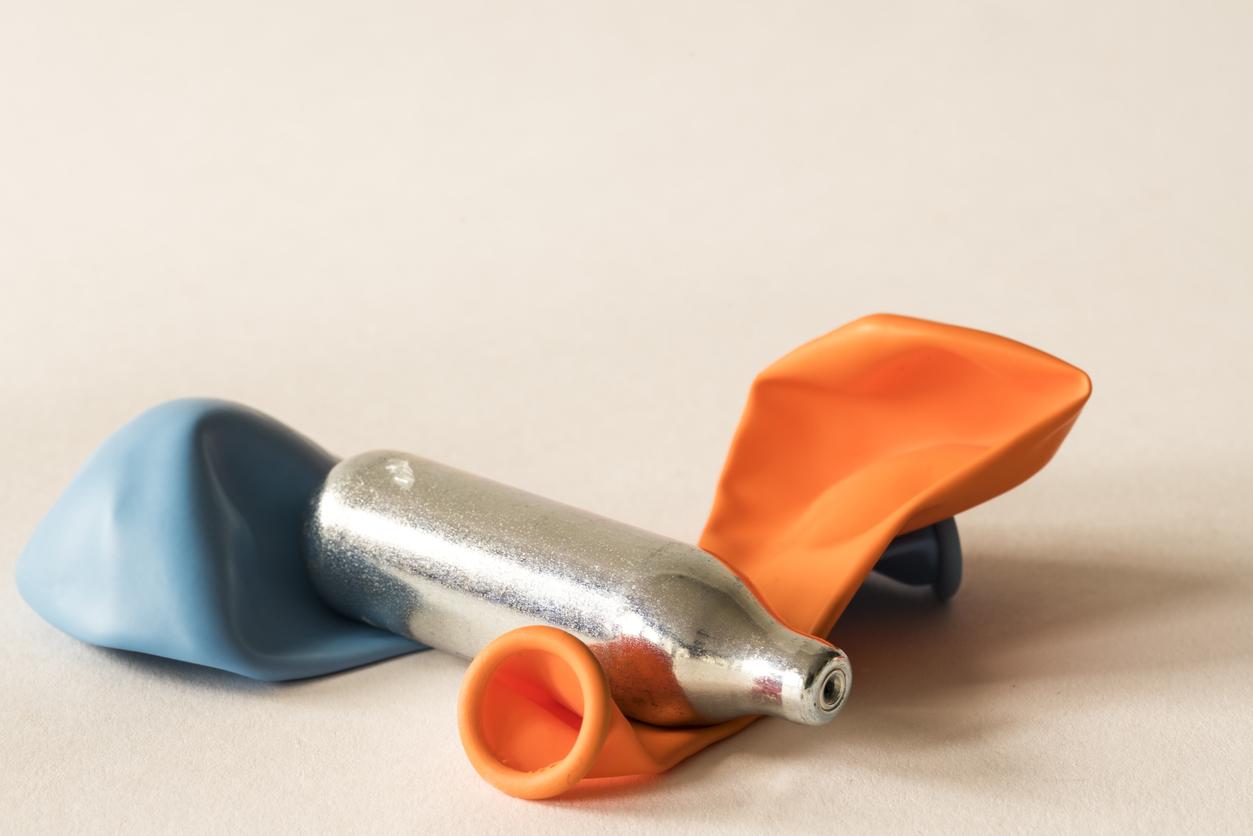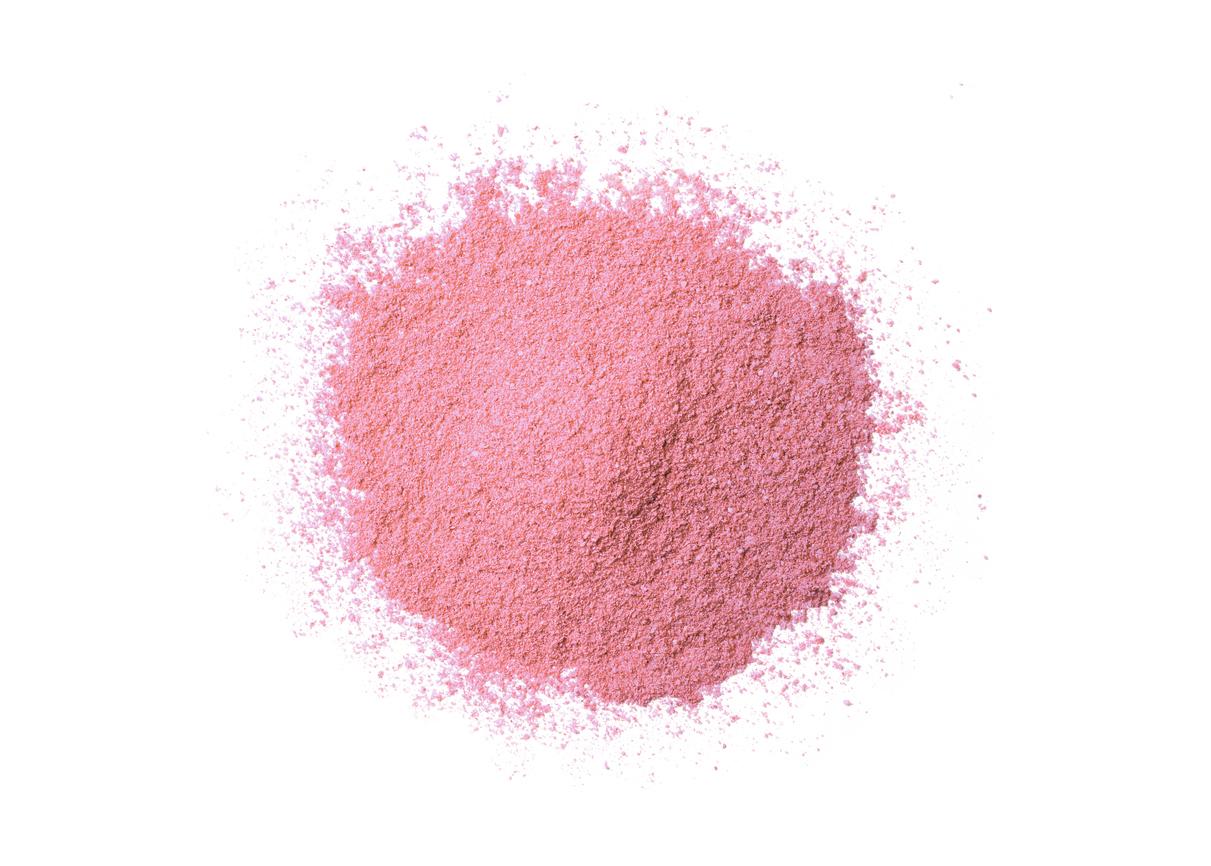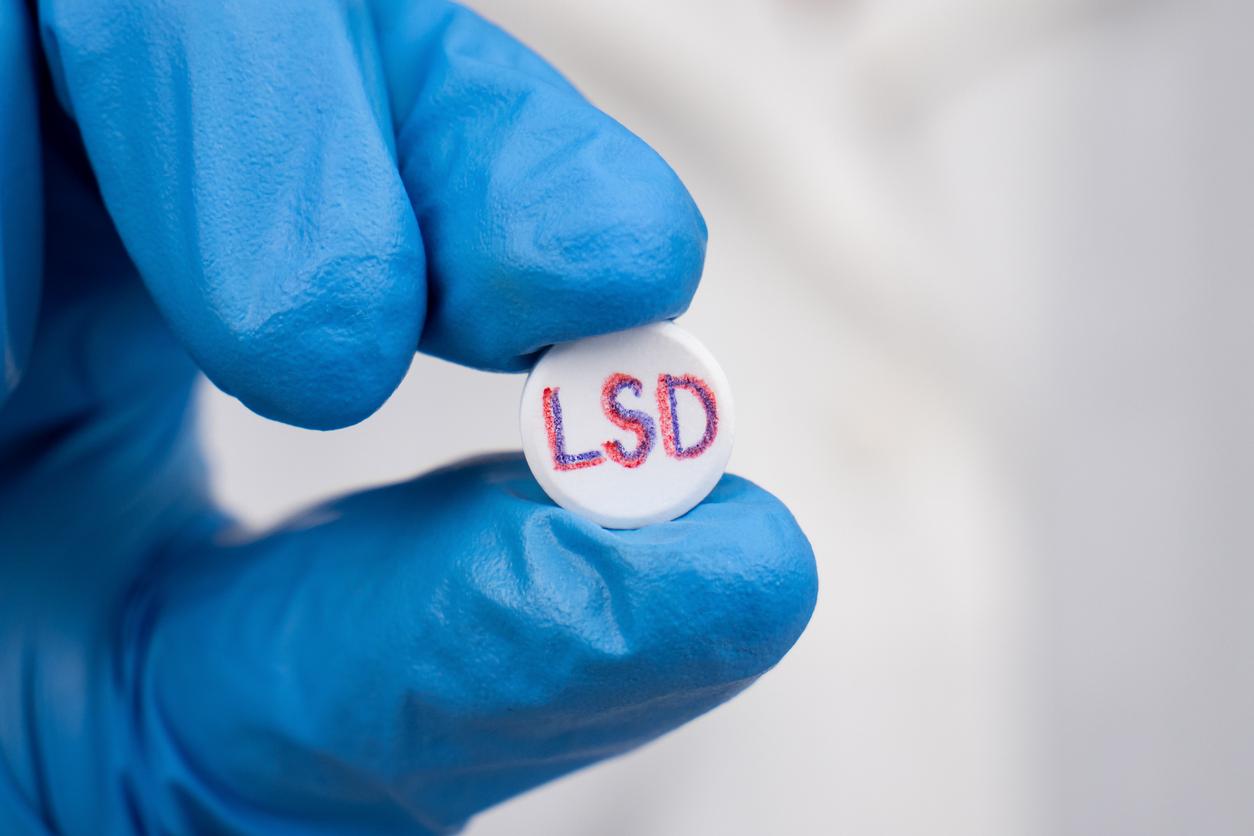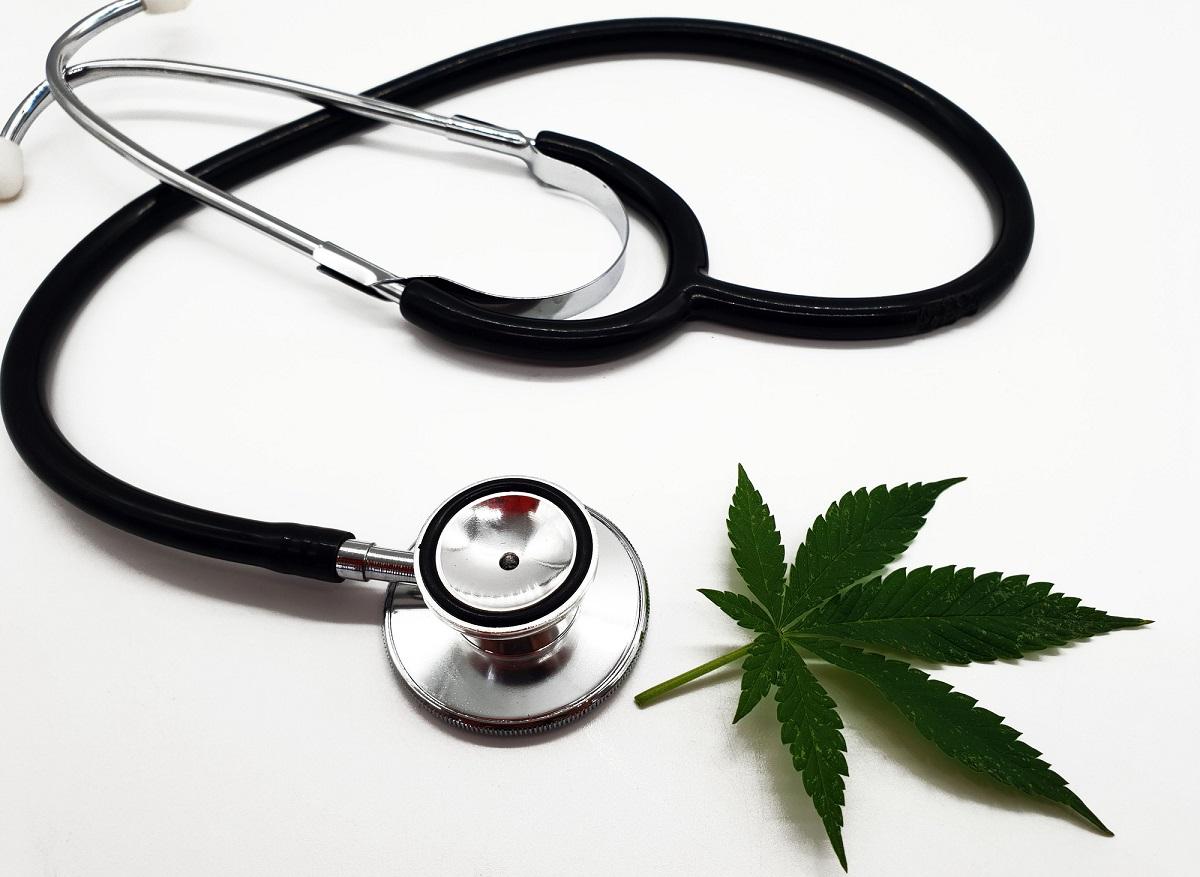In Great Britain, where some doctors have recently been authorized to prescribe cannabis-based drugs to their patients, scientists have published a paper to better inform the general public about these products.
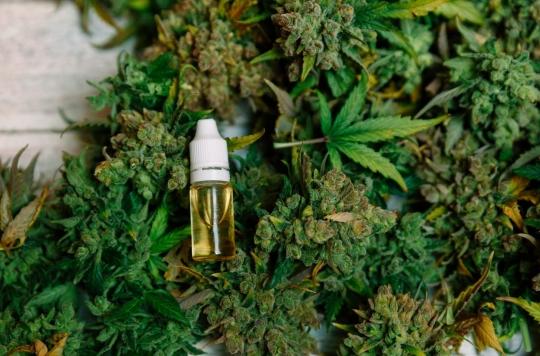
While in France, Prime Minister Edouard Philippe announced on Friday April 5 that he considered the legalization of medical cannabis, Great Britain has a head start on the subject. Since November 2018, the British Medical Association has allowed its doctors to prescribe cannabis-based medicines to their patients. However, health professionals and patients today still have very little information on this subject. In order to remedy this lack, scientists from the University of Bath and University College London published a study on Saturday April 6 highlighting different cannabis-based products in the British Medical Journal.
“In this complex and rapidly changing field, there are different medicinal cannabis products. They differ in their THC and CBD content, not everyone can prescribe them, and they cannot all treat the same symptoms. Here we inform professionals in advance of the National Institute for Health and Care Excellence (NICE) guidelines to come,” said Tom Freeman, of the University of Bath and lead author of the study.
The latter therefore insists on the important differences between products containing THC (Tetrahydrocannabinol, the main psychotic and intoxicating constituent of cannabis) and those containing CBD (cannabidiol, the non-intoxicating element of cannabis). Although in some drugs CBD and THC are combined for therapeutic purposes, in others these compounds can work independently and have very different effects on the symptoms to be treated.
Over 144 different cannabinoids
Thus, several studies have already shown that a combination of THC and CBD can alleviate the symptoms of chronic pain, while CBD alone can be effective in people who are resistant to epilepsy treatment. THC alone could be used to treat nausea and vomiting caused by chemotherapy.
Cannabis plants produce more than 144 different cannabinoids such as THC or CBD, the study explains. In addition, some medicinal products contain THC and or CBD derived from cannabis while others contain synthetically created cannabinoids, it is specified. CBD is also available in non-medicinal products such as oils and tinctures. And, very important to know, “CBD products mainly sold on the net and in organic shops are of poor quality and should not be considered as medical products”, insists Tom Freeman.
“There have been serious scientific gaps on this subject in recent years, which, combined with confusing statements about the medicinal uses of these drugs, could leave doctors and their patients perplexed. We hope our new guide will help doctors and patients around the world. More research needs to be done on this subject,” said Dr Michel Bloomfield of University College London, co-author of the study. “Resources must be available to keep practitioners informed about cannabis and cannabinoid treatments. We would like to encourage physicians to maintain an emphatic and serious approach when referring their patient to this sector, in order to deliver the most care. possible qualities”, concludes his colleague, Doctor Chandni Hindocha.
In France, a “therapeutic hemp sector” could be created in Creuse
If France is behind England on this subject, Edouard Philippe recently put it back on the front of the stage. Traveling on April 5 in the Creuse, he deemed it “absurd” to refrain from considering the legalization of cannabis for therapeutic use. “There are many countries working on this, many countries that allow it. It would be absurd not to ask the question and it is in this spirit that we want to work with the project leaders”, a- he declared in front of the local elected officials.
Project that could have Creuse as the main actor: the revitalization plan for this department possibly plans to create a “therapeutic hemp sector”, led by the president of Grand Guéret Éric Corréia, also a nurse anesthetist trained in pain management.
Edouard Philippe’s remarks come four months after the National Medicines Safety Agency (ANSM) declared itself in favor of the use of cannabis for therapeutic purposes on the sole condition that it be reserved for “patients in certain situations clinical conditions and in the event of insufficient relief or poor tolerance of therapies, medicinal or not, accessible (and in particular specialties based on cannabis or available cannabinoids)”. To be continued…
.









